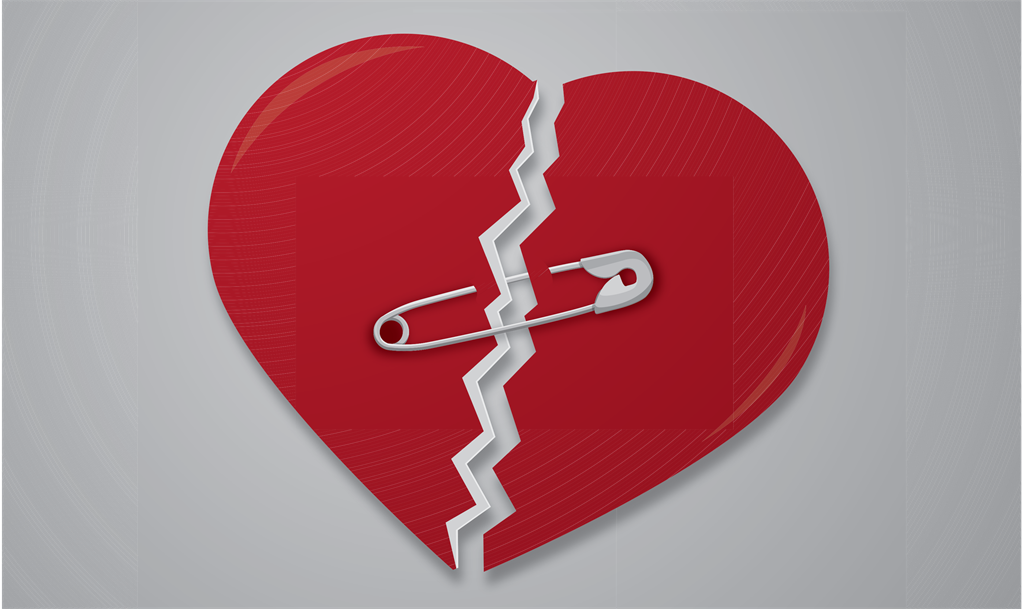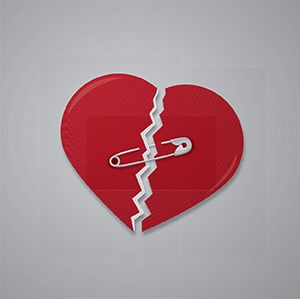

What are the causes of high cholesterol?
Uncontrollable causes
Genetics
High cholesterol levels may be caused by a genetic problem that changes the way the body handles cholesterol. Your genes can give you cells that don’t remove LDL “bad” cholesterol from your blood efficiently, or a liver that produces too much cholesterol. In such cases, your total cholesterol will usually be well over 6.5mmol/L. These conditions are called lipid disorders and may be more difficult to treat. Even if your fat intake is low, you will have elevated cholesterol levels simply because your body has been “programmed” to balance cholesterol differently. The good news is that the impact of genetics can be modified by diet and medication.
Age and gender
Age has a lot to do with your cholesterol level. Men over 45 and women over 55 have a high risk of developing cholesterol problems. Women tend to have higher HDL "good" cholesterol levels than men because of the female sex hormone, oestrogen. After menopause, this advantage is lost and a woman's risk for heart disease increases.
Controllable causes
Diet
A diet high in cholesterol can increase blood cholesterol levels. Saturated fats can also raise cholesterol levels as it regulates how the liver makes cholesterol. Saturated fats are derived primarily from the meat of mammals and from dairy products. Unsaturated fats, on the other hand, when consumed in the recommended amounts, don't raise blood cholesterol and may even lower it. These fats are found in most vegetable oils. It's important to note that some "good" vegetable fats are treated by a process called hydrogenation to make them harder at room temperature and more commercially viable. This process converts unsaturated fats into the trans form. Trans fats can elevate cholesterol levels, and should be avoided.
Medical conditions
Underlying medical conditions are known to influence cholesterol levels, especially thyroid disease, polycystic ovarian syndrome and diabetes. Keeping these conditions under control will normalise cholesterol levels and reduce the risk of heart disease.
Being overweight or obese
Carrying extra weight can increase LDL "bad" cholesterol and lower HDL "good" cholesterol. Losing a few kilograms may help raise your good cholesterol by 0.35mg/dL.
Lack of exercise
Exercise can reduce cholesterol, regardless of your weight. Any kind of physical activity can increase your HDL "good" cholesterol levels. Aim for at least 30 minutes of exercise every day. Swimming, walking and cycling are good options. Simple things like taking the stairs can also make a big difference.
Smoking
Research shows that smoking may decrease HDL "good" cholesterol levels. There's no proof that smoking affects LDL "bad" cholesterol, but the toxins produced by cigarettes may oxidise the LDL in the bloodstream, leading to inflammation. Levels of HDL cholesterol have also been observed to be higher in people who have quit smoking.





 Publications
Publications
 Partners
Partners










